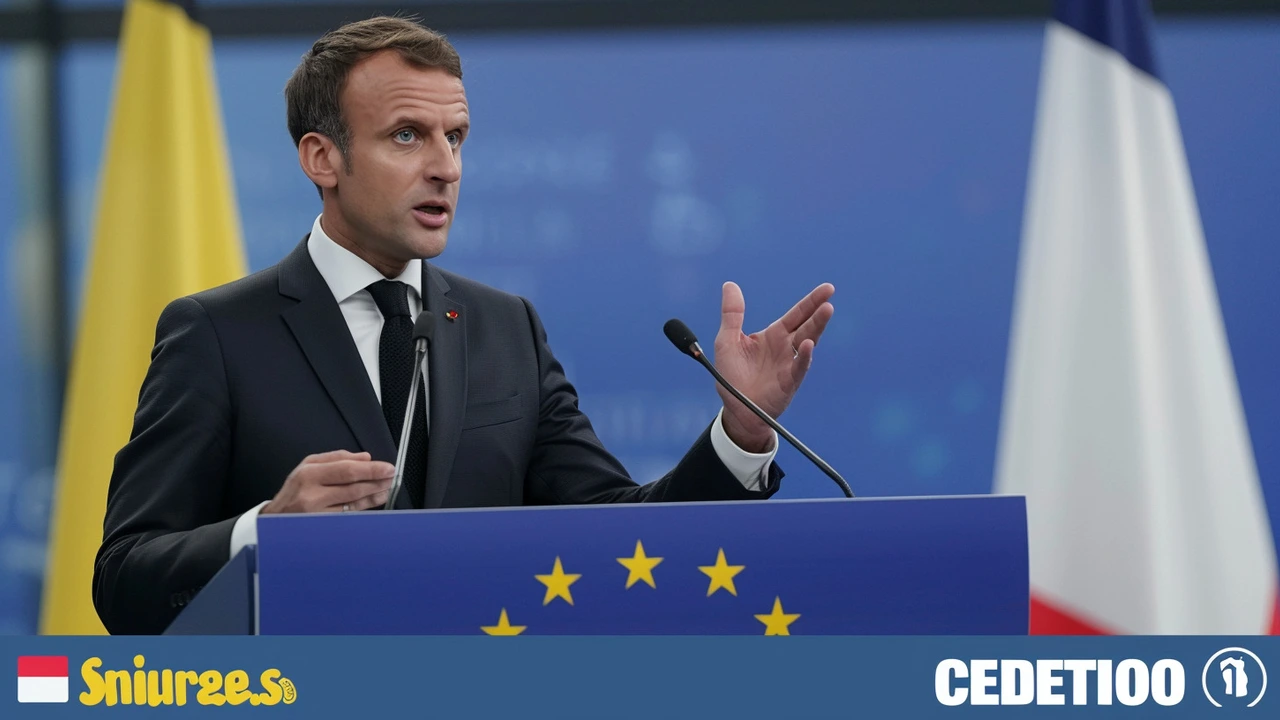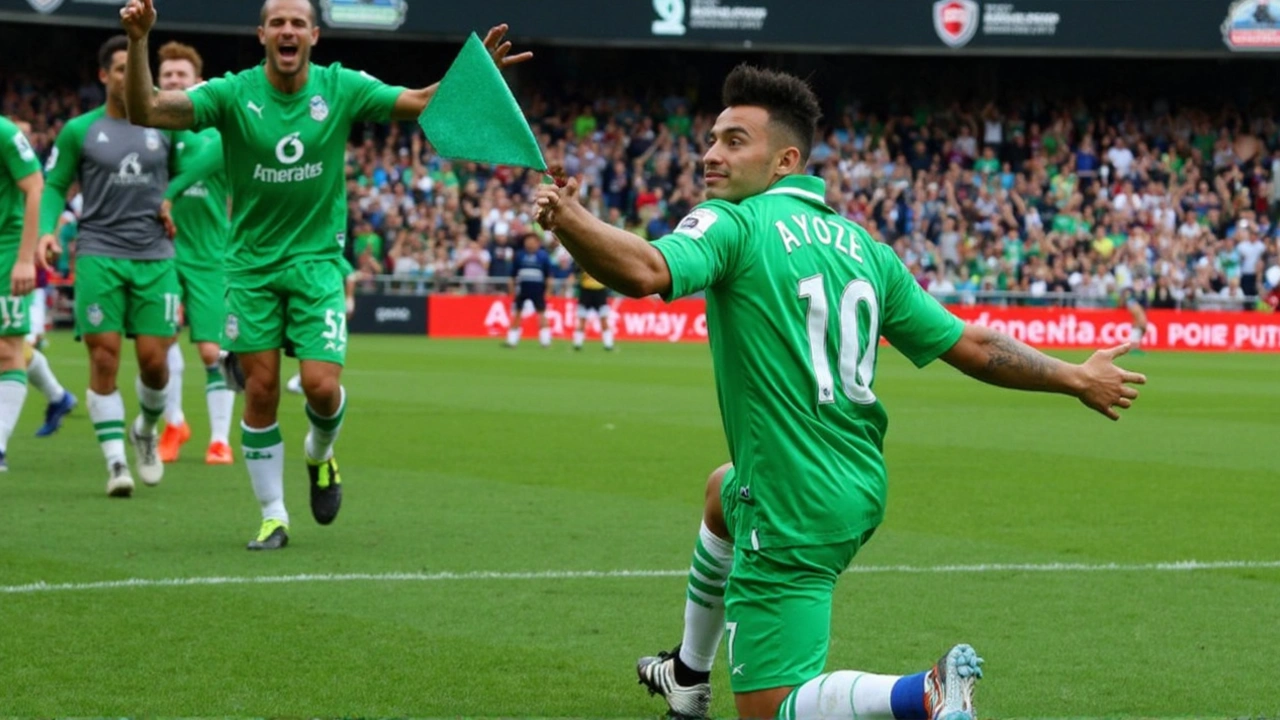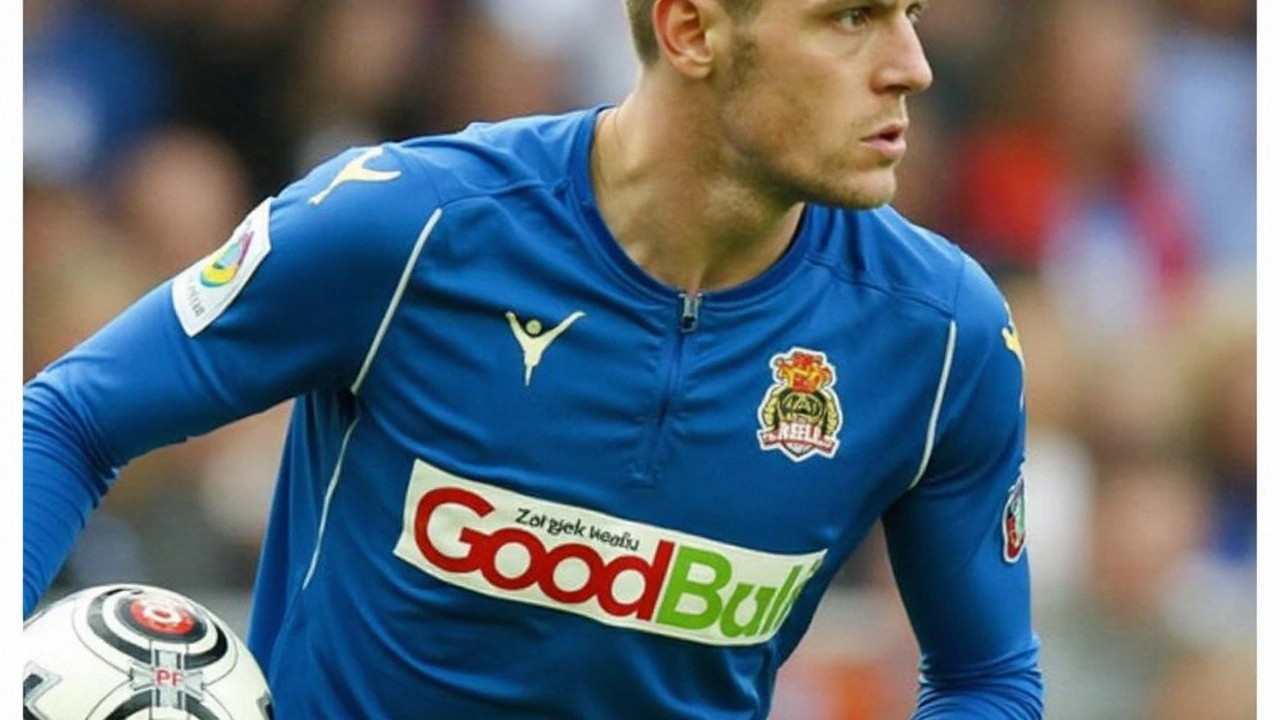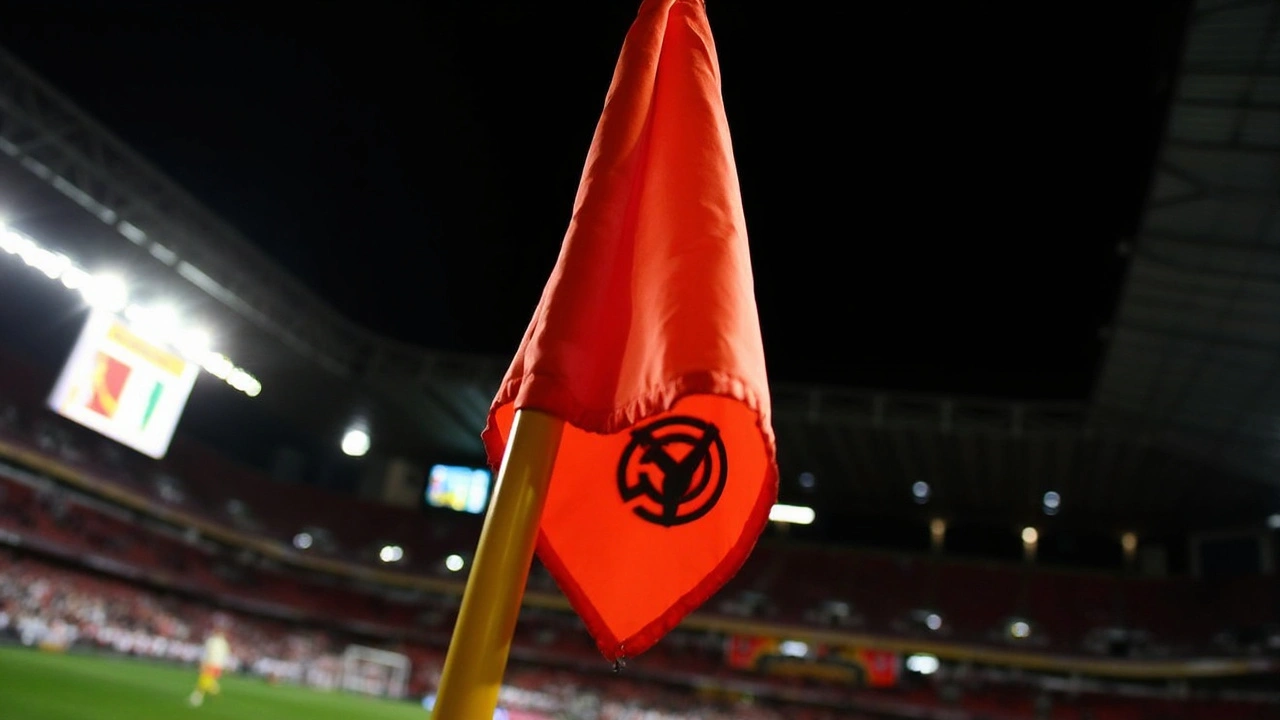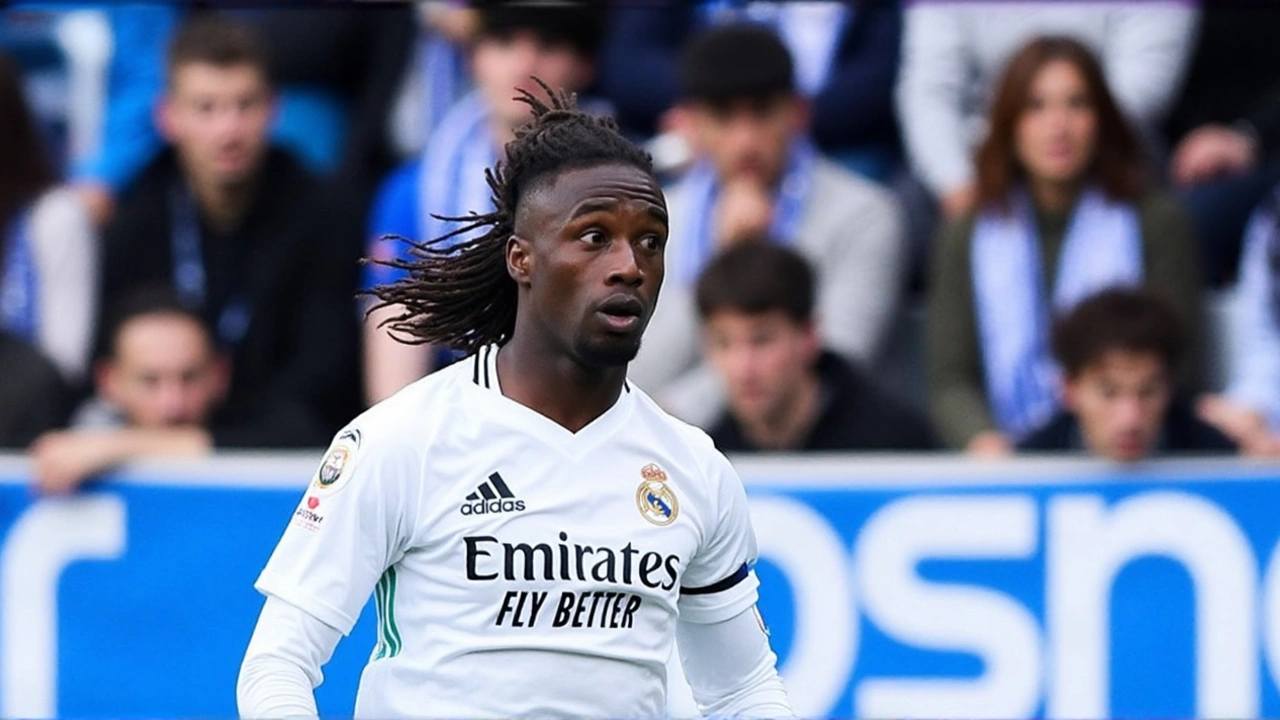French Political Landscape at a Crossroad: Macron's Civil War Warning
In a recent and unexpected turn of events, French President Emmanuel Macron has sounded the alarm regarding the escalating political tensions in France. He has issued a stark warning that the nation could be on the brink of a civil war if the upcoming snap elections result in a victory for either the far-right or the left-wing parties. This unprecedented statement has sent ripples through the political landscape of France, sparking intense debates and concern among political analysts, citizens, and international observers alike.
Macron's assertion comes at a critical time when the political climate in France is deeply polarized. According to opinion polls, Macron’s party, La République En Marche!, is struggling to maintain its position in a competitive and fragmented field. The polls indicate that his party is currently in third place, which has prompted fears of a significantly altered political scenario post-election. The potential for a shift in power dynamics has undeniably influenced Macron’s candid and alarming remarks.
The Root of Macron's Concerns
Dissecting Macron's warning requires understanding the broader context of France’s political fabric. Historically, France has experienced profound divisions along ideological lines, but the past decade has seen an intensification of these divides. The rise of the far-right party, National Rally (Rassemblement National), led by Marine Le Pen, and the growing influence of left-wing parties such as La France Insoumise, led by Jean-Luc Mélenchon, exemplify this trend.
Both factions have captured significant segments of the French population, who feel disenfranchised by the traditional centrist policies. The National Rally advocates for stringent immigration controls and a nationalist agenda, while La France Insoumise pushes for radical socio-economic reforms. These opposing visions for France's future have exacerbated the polarization, creating a fertile ground for political and social unrest.
Macron’s warning of a potential civil war may be viewed by some as an exaggeration, but it serves a dual purpose. On one hand, it highlights the severity of the current political divide and the potential consequences of radical shifts in governance. On the other hand, it is a strategic move meant to consolidate support for his own party by portraying it as the necessary stabilizing force amid the extremes. This tactic, however, is not without its risks, as it may also be perceived as fear-mongering or an act of desperation in the face of dwindling support.
Public Reaction and Political Implications
The reaction to Macron’s statement has been mixed, reflecting the deeply partisan nature of contemporary French politics. Supporters of Macron argue that his warning is a necessary wake-up call that underscores the importance of moderation and unity in these turbulent times. They contend that Macron’s centrist approach is the best path forward for a stable and prosperous France.
Conversely, critics accuse Macron of resorting to scare tactics to sway public opinion and salvage his party’s diminishing prospects. They argue that his rhetoric could exacerbate tensions rather than alleviate them, deepening the divide between different factions within French society. Furthermore, some see his comments as an implicit admission of his administration’s failure to effectively address the root causes of the political and social discontent that have fueled the rise of both far-right and left-wing parties.
Marine Le Pen and Jean-Luc Mélenchon have both responded to Macron’s comments, each framing the warning to their advantage. Le Pen has rejected the notion that a National Rally victory would lead to civil strife, instead framing her party as a patriotic movement that seeks to restore order and national pride. Mélenchon, on the other hand, has dismissed Macron’s statement as an attempt to stifle genuine democratic debate and the potential for meaningful progressive change.
Regardless of the differing interpretations, one thing is clear: Macron’s civil war warning has injected a sense of urgency and gravity into the upcoming elections. It has forced both politicians and voters to confront the stakes involved and to consider the potential long-term implications of their electoral choices.
The Broader European Context
Macron’s warning is not just an internal matter but also has significant ramifications for Europe as a whole. France, as a major European power, plays a crucial role in the stability and direction of the European Union (EU). Political upheaval in France could reverberate across the continent, affecting EU policies and geopolitical dynamics.
The rise of populist and nationalist movements within Europe has been a cause of concern for many EU leaders, and Macron’s statement underscores the fragility of the current political order. A victory for either the far-right or the left-wing in France could embolden similar movements in other European countries, challenging the EU’s cohesion and its foundational principles.
Moreover, the potential for civil unrest in France would have economic implications for the wider region. France is one of the EU’s largest economies, and instability could disrupt trade and economic cooperation, posing a risk to the overall economic stability of the union.
A Call for Unity and Rational Discourse
In the midst of these tensions, Macron’s warning can be seen as a call for unity and rational discourse. He has emphasized the need for France to come together as a nation and to reject the forces of division and extremism. Whether or not his approach will succeed in bridging the deep divides remains to be seen, but it is clear that the upcoming elections will be a critical test for France’s democratic resilience.
As the election date approaches, it is imperative for all political actors to engage in responsible and constructive dialogue. The future of France hangs in the balance, and the choices made by its citizens will shape the nation’s trajectory for years to come. Macron’s civil war warning, although contentious, serves as a poignant reminder of the stakes involved and the importance of safeguarding democratic principles and social cohesion.
In summary, the road ahead for France is fraught with challenges, but it also presents an opportunity for renewal and progression. As the nation grapples with these complex issues, the hope is that it can emerge stronger and more united, ready to face the future with a renewed sense of purpose and solidarity.
